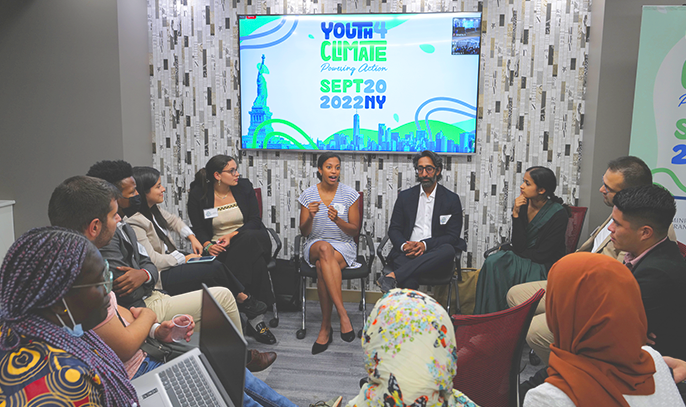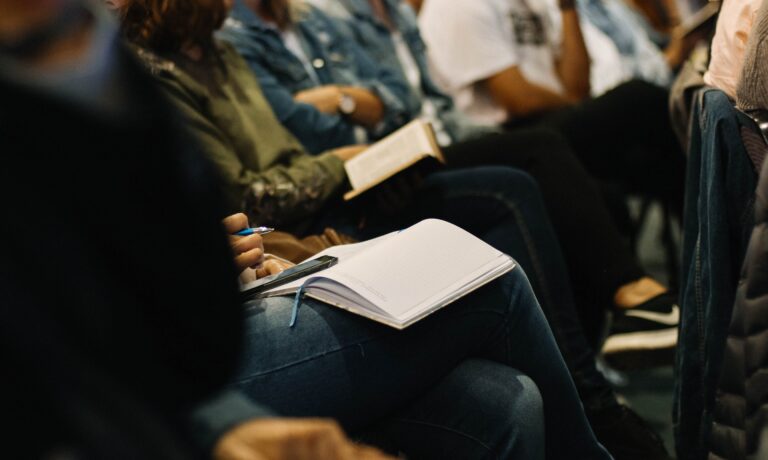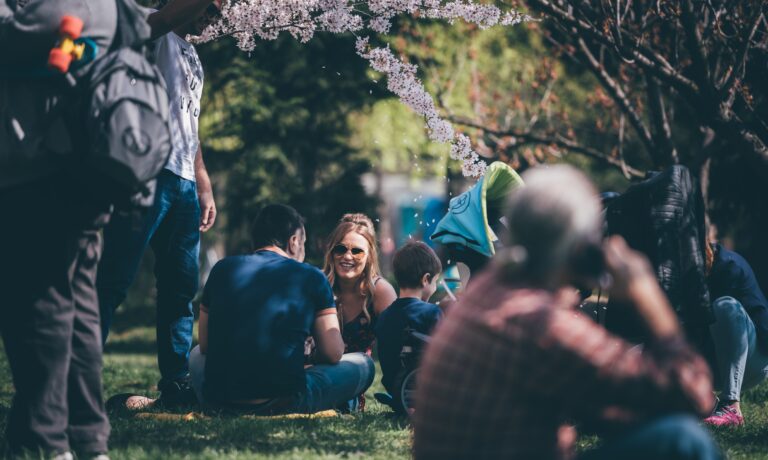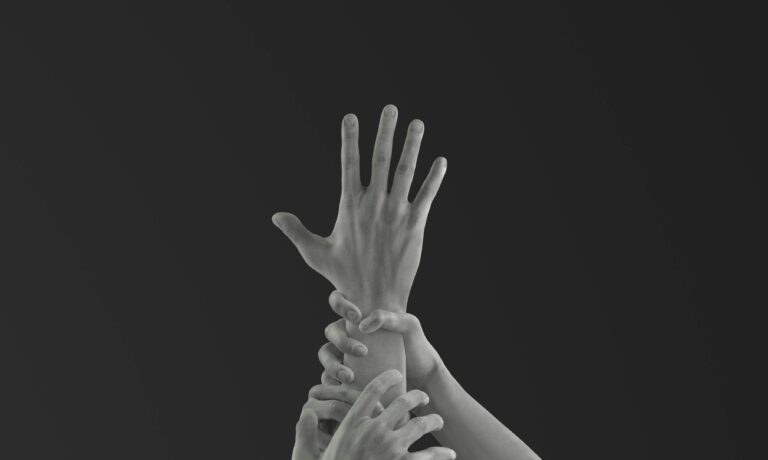REAMA
A national project supporting the human rights of women who are victims of violence. Following the activities carried out thanks to 2016/2020 funds, the project will focus on the anti-violence help desk (offering legal, psycho-social and economic support) and on continuing the activities of shelters.
Starting date
25 October 2022Duration
12 monthsRealized by:
Fondazione PangeaObjectives
Helping women subjected to gender-based violence and their children to escape their violent context by granting them protection, empowerment and respect for their fundamental human rights.
Accompanying these women on a path to freedom and independence, offering professionalism and humanity and meeting their specific needs.
Thanks to 8×1000 funds of the Istituto Buddista Italiano Soka Gakkai, from October 2020 to December 2021 Pangea implemented training and strengthening services for the REAMA network as well as protection services for women who are victims of violence (through the anti-violence center, the center for economic violence and the shelter for women and minors who have suffered violence).
The new project — promoted with the 2022 funds — focuses on two specific actions to support women who are victims of gender-based violence and their children:
- Granting protection to women who are victims of violence and providing personalized care services at national level, thanks to an online anti-violence help desk (covering also economic and financial violence).
- Protecting women whose life is in danger and their children in a shelter in the Lazio region, open to women coming from all over Italy through the REAMA network.
Both actions will include empowerment activities for women and children, in order to help them find employment and housing, and process their trauma.
The project foresees care for a total of approximately one hundred and fifty women through the national anti-violence center. The shelter will host at least 7-10 people during the year, 3 of which will be supported in finding housing.
Besides the shelter, women will also have the possibility to stay in semi-independent living facilities for maximum one year. This is to help them recover their living and decision-making autonomy at a moment when they are not yet able to pay rent and once they no longer are in imminent danger.
The pandemic saw a dramatic increase in gender-based violence against women, which was already widespread in our society. Isolation, forced cohabitation, restrictions and social and economic instability increased the risk for domestic violence for many women and the risk to witness violence for their children. This world-wide crisis we are experiencing has repercussions on the life of every single person, and families are the first level where conflict and violence leave a mark. Now is the time to provide long-term, structural answers in supporting both women who are still subjected to violence and those who have started their journey to freedom.



